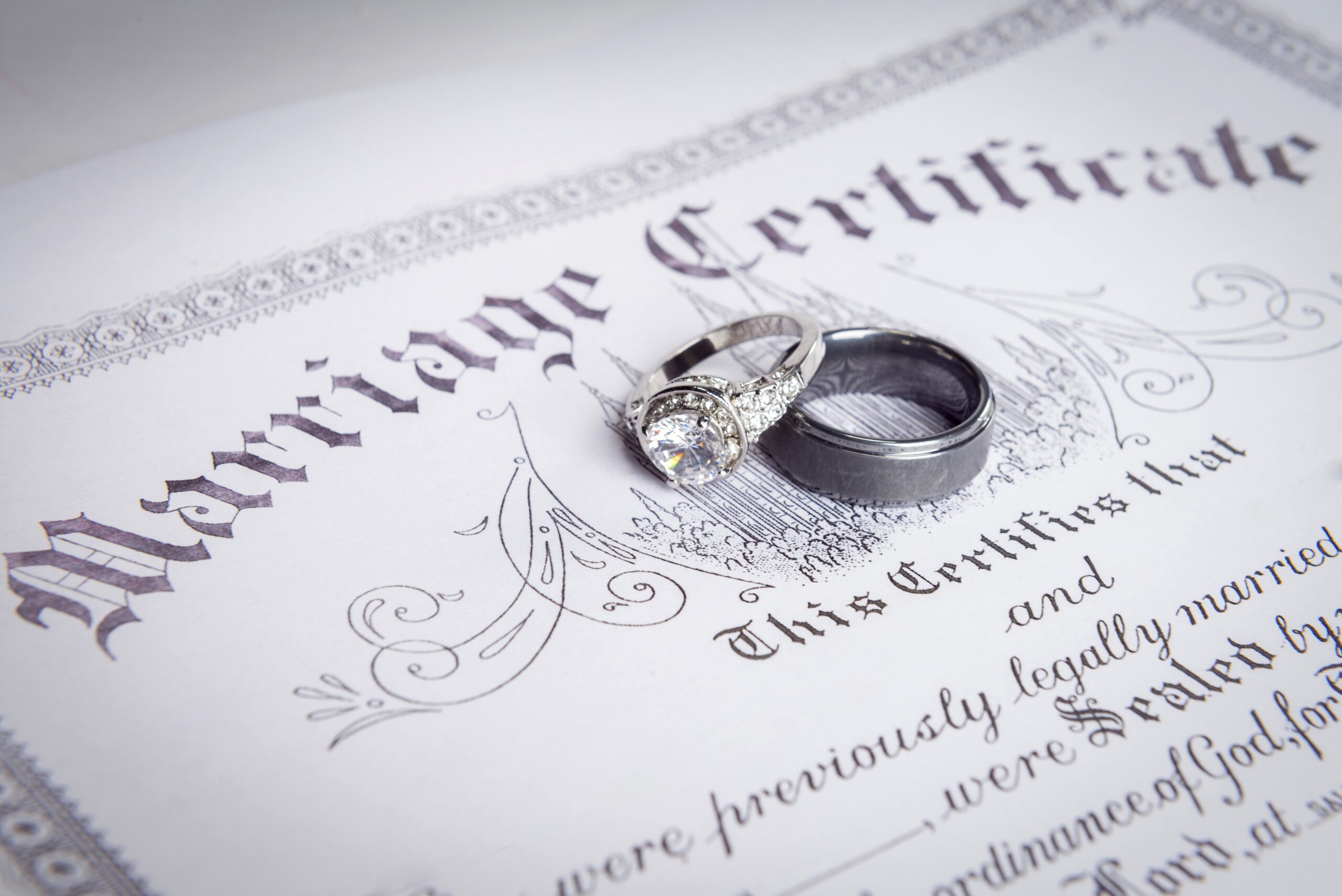During a recent estate planing consultation, I was asked by clients about the reasons why couples would need individual separate trusts vs. just having one joint trust. For most couples, whether married or not, a joint trust is sufficient, however, depending upon family and financial circumstances, separate trusts may be more appropriate. Ultimately, the reason comes down to three things: asset protection, asset management, and tax planning.
Asset Protection
Creditors, judgments, and risky financial investments can subject all property of a debtor to collection, including jointly owned property. Generally speaking, in the eyes of the law, if your name is on an account you own it 100%. This is why it isn’t always advised to have everything be jointly owned, or to have children as a joint owner of their parents’ bank account(s). In certain circumstances however, arguments can be made that the account is joint only for purposes of assisting the primary account holder – but this generally isn’t the case with couples who own joint property/accounts.
Assets in a joint trust are owned jointly by each person/spouse, much like any other property that is jointly owned such as real estate or bank accounts. This means that should one person/spouse run into creditor issues or have a judgment against them, all assets could be at risk. Assets in separate trusts belong only to the individual grantor, and would be shielded should the other person/spouse run into creditor trouble or take some other financial risk.
Asset Management/Trust Administration
In order to fund separate trusts, any joint property will need to be retitled into individual ownership so that they can fund the individual trust.
If both parties are in agreement, a joint trust could be easier to manage during life and administer after death. This is because both grantors in a joint trust have equal ownership over, and access to, the trust property. With separate trusts, once one partner/spouse passes away, the other cannot change, amend, nor revoke the deceased party’s trust. This is because, upon death, a revocable trust becomes irrevocable. For more on what this means, and the different types of basic trusts, see our post: Overview of Basic Trusts and Their Functions. Depending on family circumstances, this could be a benefit or a hindrance.
Separate trusts could be beneficial in second+ marriage/blended family situations. If someone has children from a previous marriage or relationship, and they want to ensure those children are provided for directly without relying on their new spouse, who may have children of their own (or maybe not really like those kids that aren’t theirs), to provide for them, separate trusts provide a vehicle to do so.
Tax Planning
For married couples, both joint and separate trusts would qualify for the unlimited marital deduction for estate tax purposes. If you are higher net worth, and are taxable federally or in Massachusetts (New Hampshire does not have a state estate tax) you can use separate trusts to plan around estate taxes. This type of planning is more complex and tends to include marital and family trusts. For more on what a plan like this looks like, check out our posts:
New Massachusetts Estate Tax Law: What is it, and How to Plan Now, and
Federal Estate Tax Changes are Coming! How to Prepare Now.
For a personalized review of your current estate, schedule a free consultation to discuss estate planning options, and determine what plan will be best for you and your family.
No information in this blog post is to be construed as, nor is intended to be, legal or tax advice. Consult with competent legal counsel and/or tax professionals prior to taking any action. Do not rely on any information contained in this blog post as the law changes from time-to-time and this blog post may not be updated to reflect those changes.
© Zuccaro Law, LLC. All Rights Reserved.






